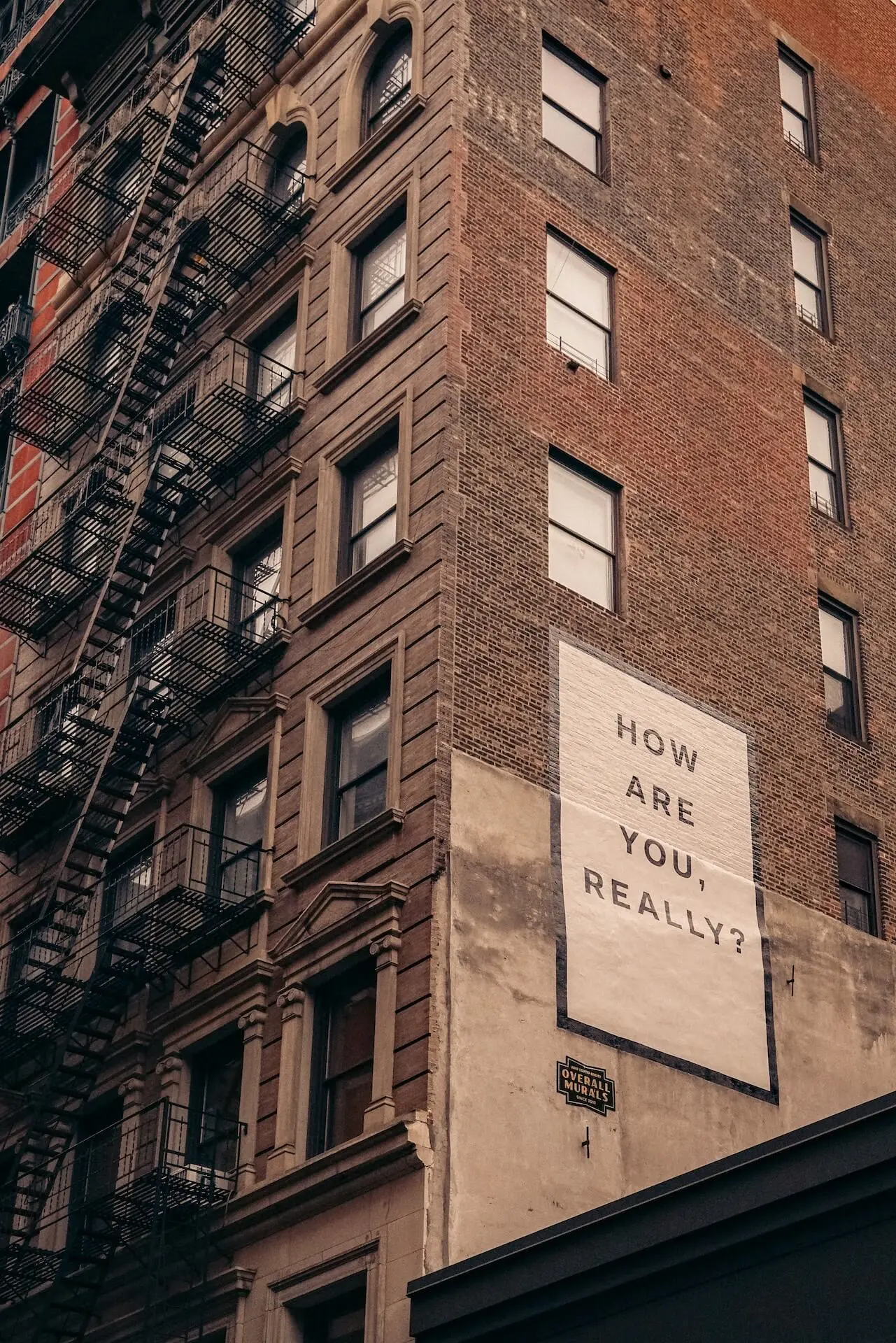Our services
Young Adult Focused Therapy Services

Ask Us Anything!
Why Us
Our goal is to help bridge the gap between the need for mental health support and easy, accessible solutions.
- Personalized Matches
- Multi-Lingual Therapists
- Flexible Communication Options
- No Referral Needed
- Individual, Couples, & Group Therapy Sessions
- Focus on Canadian Mental Health

Is online therapy as effective as in-person therapy?
Studies have shown that online therapy can be just as effective as in-person therapy for most issues. It allows you to communicate with a licensed therapist from the comfort of your own home, providing an opportunity for those who may not otherwise be able to access therapy due to location, transportation, or physical mobility issues.
How does confidentiality work in online therapy?
Confidentiality in online therapy works much the same way as in traditional therapy. Therapists are bound by professional standards and laws to maintain your privacy and confidentiality. All communication is securely encrypted, and therapists will not share your information without your explicit consent, unless there's a concern for your safety or the safety of others.
How much does online therapy typically cost?
The cost of online therapy varies depending on the platform and the therapist. Some platforms have a flat weekly or monthly rate, which might range from $60 to $120 per week. Others charge per session, with rates typically ranging from $60 to $200 per session. Many platforms, including TalkWise, offer financial assistance or sliding scale options based on need.
What if I don’t feel a connection with my therapist?
Just like in traditional therapy, the relationship with your therapist is crucial. If you feel that you are not building a productive relationship with your therapist, most platforms, including TalkWise, allow you to switch therapists. The goal is for you to feel comfortable and understood, so don't hesitate to request a new match if necessary.
What can I expect in my first therapy session?
In your first session, your therapist will likely ask you about your background, current challenges, and goals for therapy. It's a chance for you both to get to know each other and establish a comfortable rapport.
How long does therapy usually last?
The length of therapy varies based on individual needs and goals. Some people find short-term sessions (6-12 weeks) helpful, while others engage in longer-term therapy. Your therapist will work with you to determine the best approach.
How do I know if I need therapy?
If you're feeling overwhelmed, struggling with emotional issues, or facing challenges that you find hard to cope with alone, therapy can be beneficial. It’s also a proactive way to work on personal growth and self-understanding.
What’s the difference between a therapist, a psychologist, and a psychiatrist?
A therapist provides support through counselling. A psychologist has specialized training in psychological testing and therapy. A psychiatrist is a medical doctor who can prescribe medication and provide therapy.
How often should I attend therapy sessions?
Frequency can vary; some people go weekly, while others may go bi-weekly or monthly. This depends on your needs, goals, and schedule.
Can therapy really help me?
Yes, therapy can provide significant benefits, from better coping strategies and emotional relief to improved relationships and self-esteem. It's a space to explore your thoughts and feelings in a supportive environment.
What if I’m nervous about starting therapy?
It’s normal to feel nervous about starting therapy. Remember, taking the first step is a sign of strength. Therapists are skilled at helping you ease into the process and are there to support you, not judge.
